We are proud to announce that ESCP Business School and its Energy Management Centre were taking part as a Supporting Partner at this year’s Energy Summit organised by The Economist Events. The conference took place on 10th November at The HAC in London.
Powering progress in a climate of change
Global energy markets are at an inflection point and the coming period will be characterised by a rapid decline in the carbon intensity of the global economy and faster growth in the deployment of renewables, fuelled by the Paris agreement in late 2015. Although oil prices remain low, the shift towards lower-carbon energy sources will prove far longer-lasting, creating profound implications for the energy industry and challenging the future of energy companies.
Technological innovations such as the increased efficiency of renewables, the inevitable rise of electric vehicles and the improvement of battery storage capabilities will all have significant impacts on the oil and gas industry’s traditional markets, but equally on the life of everyday consumers.
The sector also faces a challenging environment due to the ongoing impact of the unstable global economic recovery, inhibiting energy demand, particularly in China and India. Not only has the plunge in energy prices led to the cancellation and deferral of new projects worth billions of dollars, it has also created questions around the adequacy of the business model of the oil and gas majors. Furthermore, geopolitical concerns remain closely linked to the volatility of commodity prices, putting pressure on various stakeholders within the energy sector.
These shifting sands will have potentially transformational implications for the future of the industry, but they also present distinct opportunities for the most adaptable players. What are the new market realities and which market designs are necessary? What will a more decentralised energy market look like? How are the business models of the major energy companies evolving? How can decarbonisation be delivered? What importance will oil and gas have in the future? What energy sources will be the most competitive and eco-friendly? Which technologies will disrupt the industry? What lies beyond 2030?
The Economist’s Energy Summit revealed how an entire industry is transforming, exploring the drivers of innovation and emerging business risks and opportunities. The event gathered the industry’s foremost business leaders together with policy-makers, international investors, regulators, innovators as well as influential commentators and academics for a series of hard-hitting debates that will determine the future of energy.
Early confirmed speakers:
Chair: Henry Tricks, Energy and Commodities Editor, The Economist
- Tord Lien, Minister of Petroleum and Energy, Norway
- Claudio Descalzi, Chief Executive Officer, Eni
- Massoud Amin, Director, Technological Leadership Institute, University of Minnesota
- Lisa Davis, Member of Managing Board, Siemens
- Lawrence Jones, Vice-president, International Programs, Edison Eletric Institute
- J.M. Kroon, Chief Executive Officer, TenneT
- Peter Terium, President and Chief Executive Officer,RWE AG and RWE International SE
- David King, Special Representative for Climate Change, United Kingdom
- Christian Rynning-Tonnesen, President and Chief Executive Officer, Statkraft
- Karen Austin, Senior Vice-president, Information Technology and Chief Information Officer,Pacific Gas and Electric Company
- Simon Bransfield-Garth, Chief Executive Officer, Azuri Technologies
- Pete Lau, Chief Executive Officer EME, Current, powered by GE
- Larry Ryan, Business President,Dow Energy and Water Solutions
- Barry Gardiner, MP, Shadow Climate Change Minister, Labour Party
For further information, please visit the event's site www.energysummit.economist.com
Registration
EMC Members, ESCP Students and Alumni benefited from a 15% discount on registrations.
Twitter: @EconomistEvents #EconEnergy16






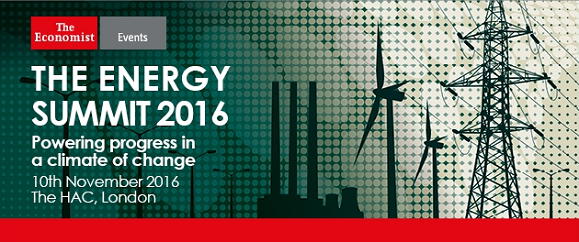
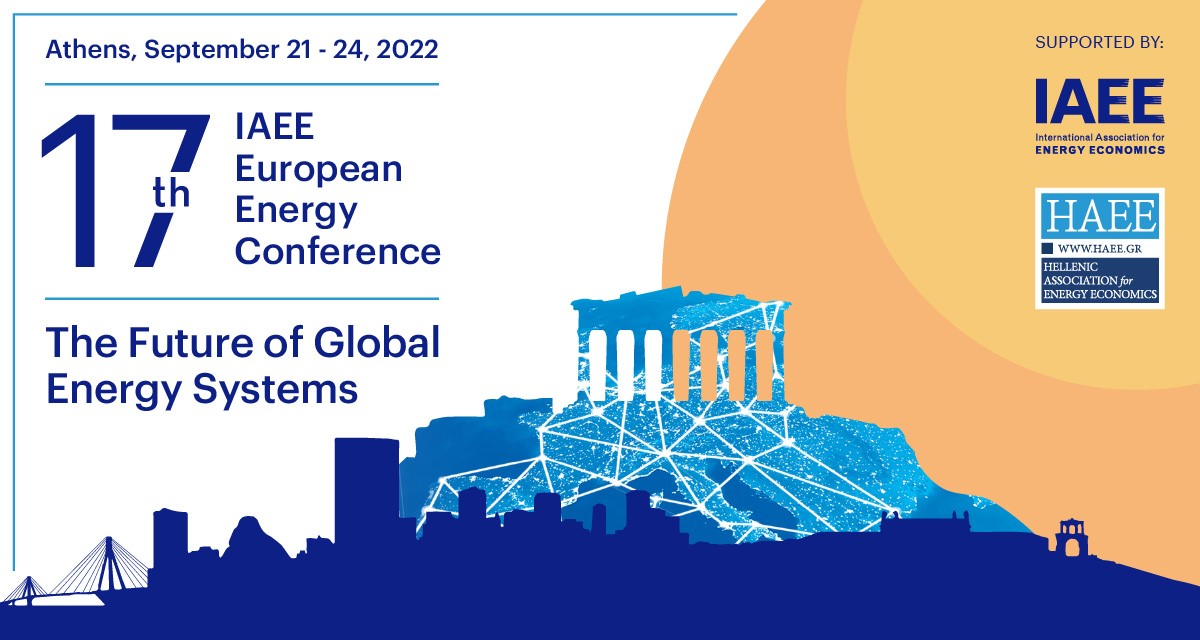
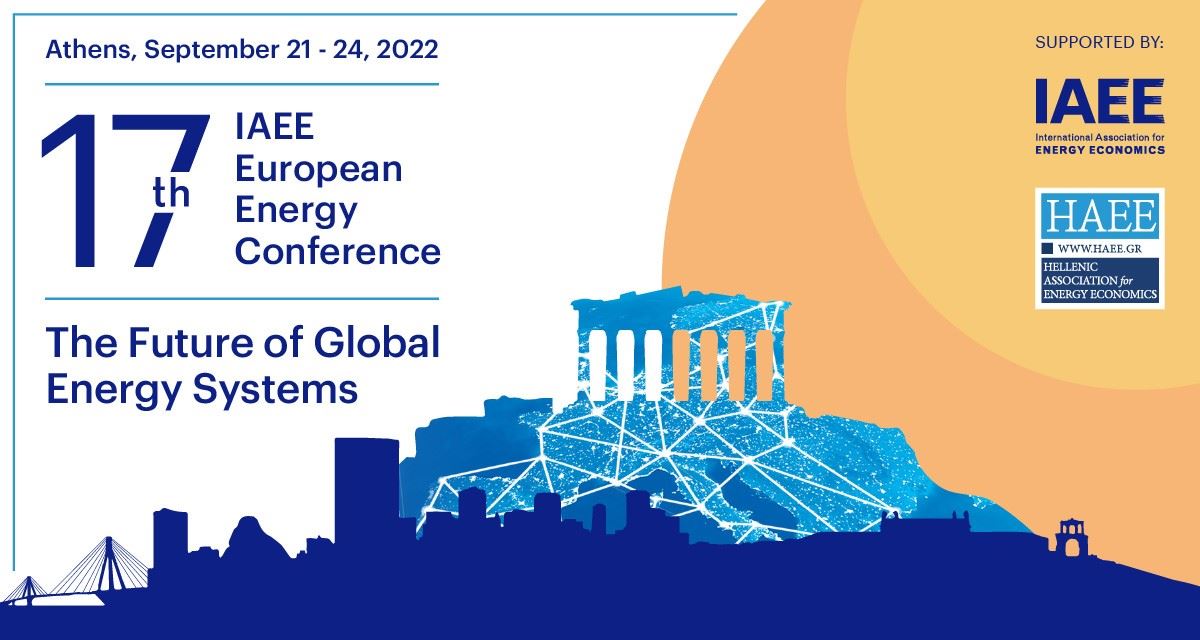
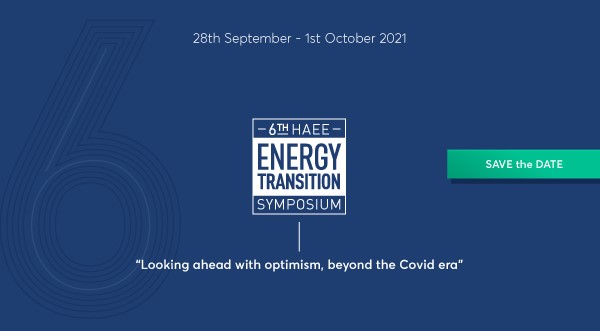
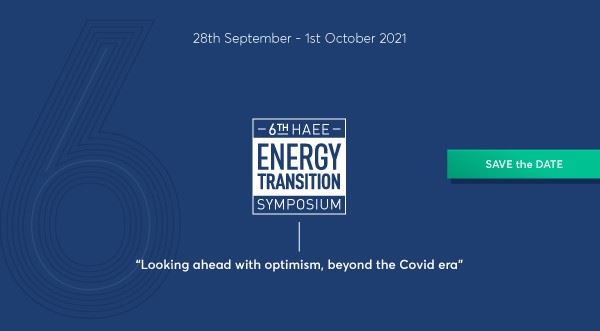


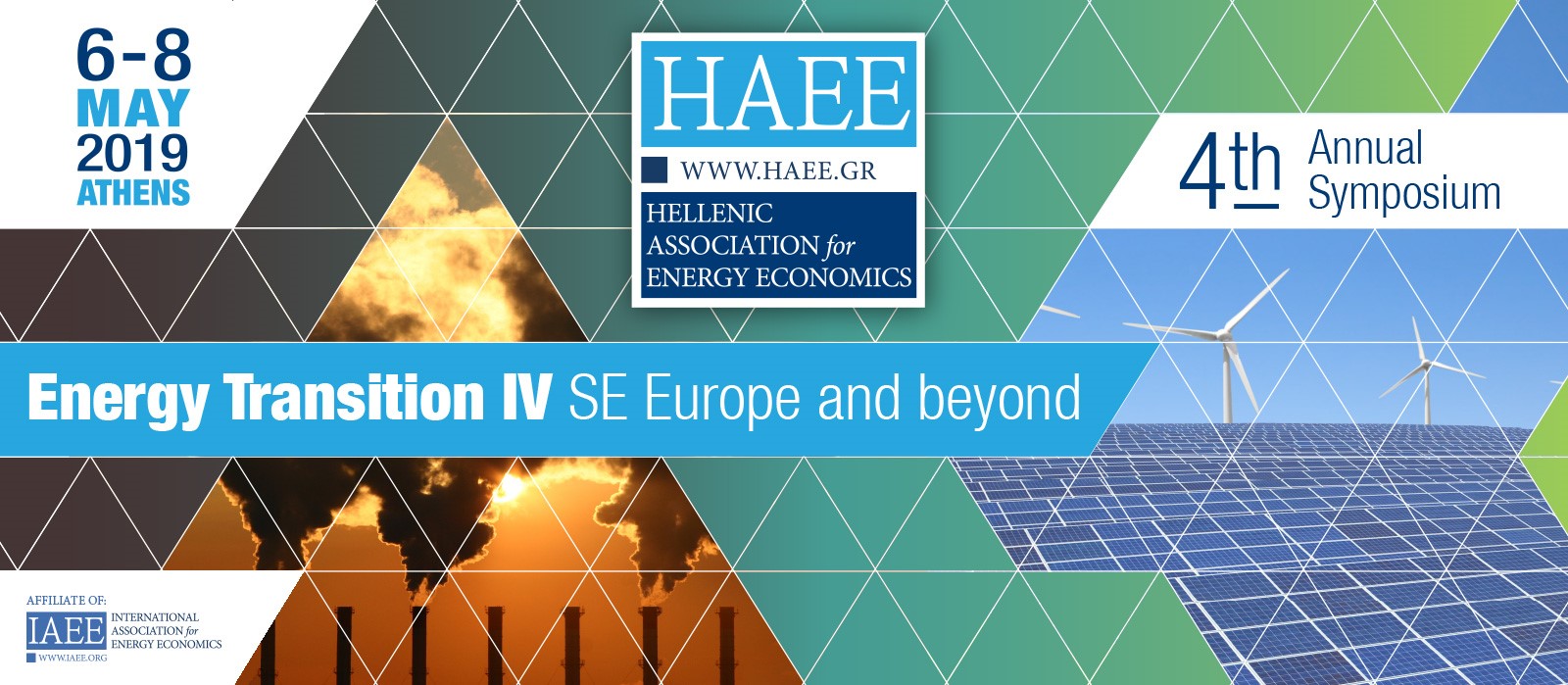
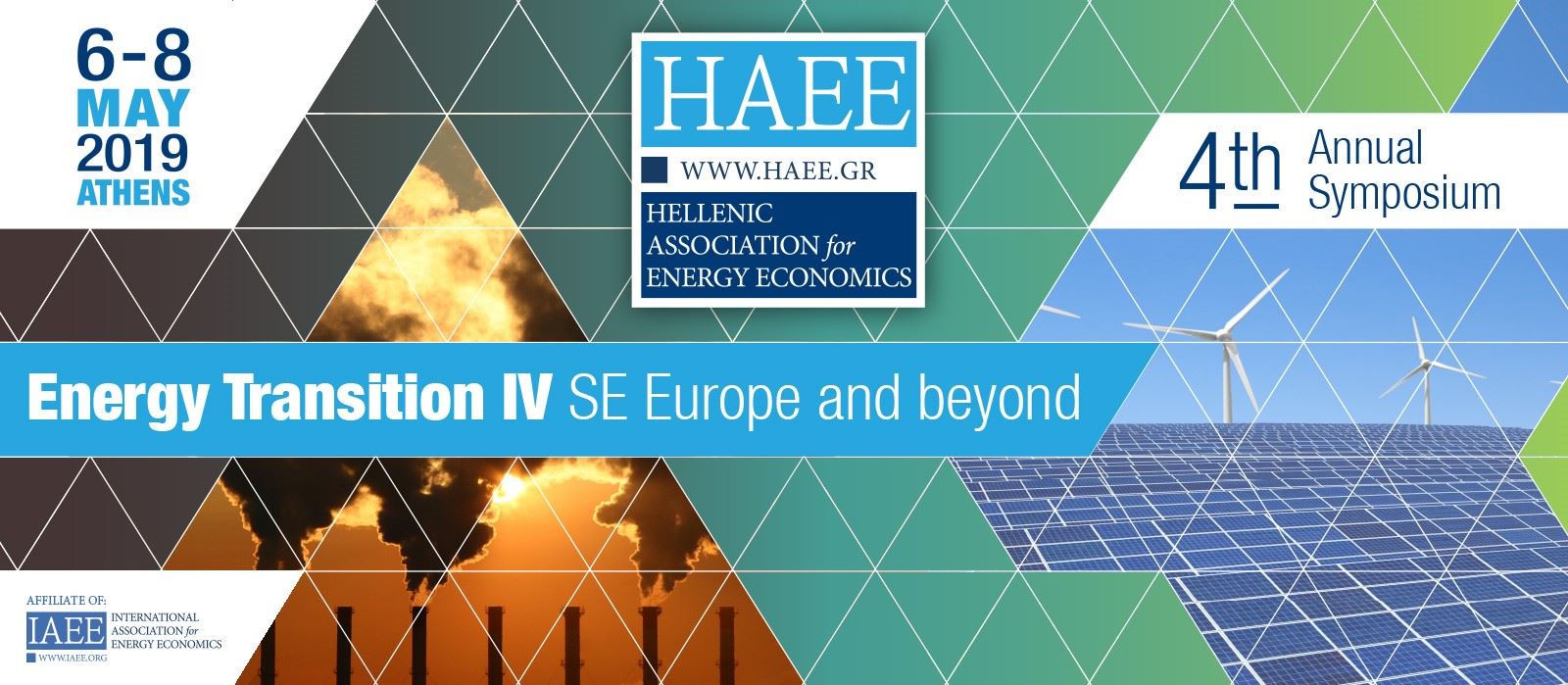
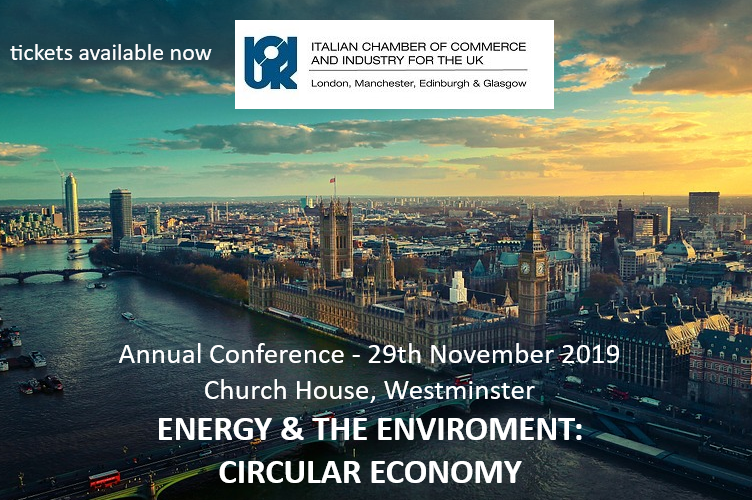
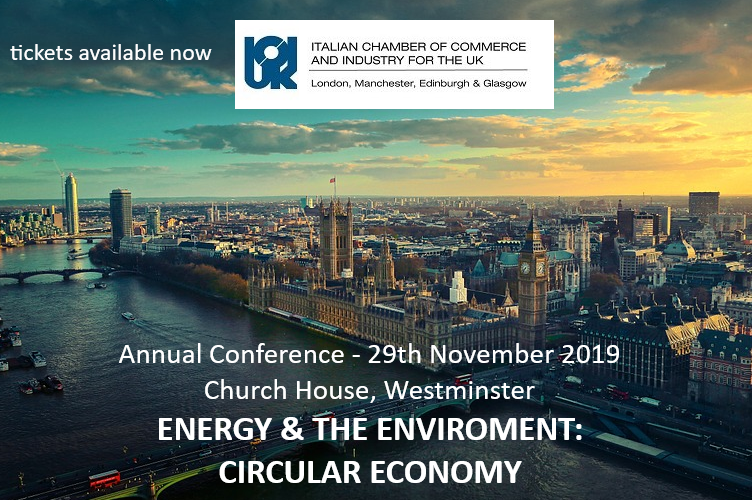












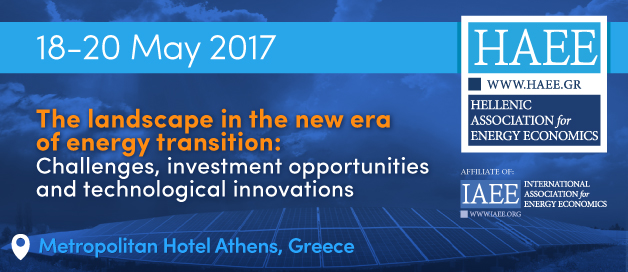
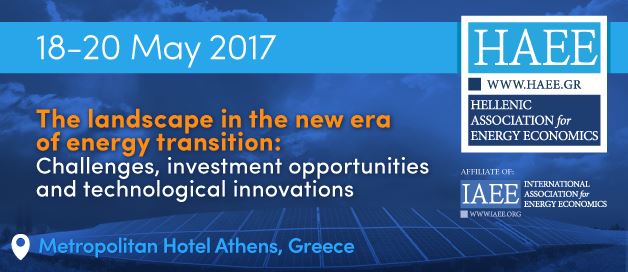




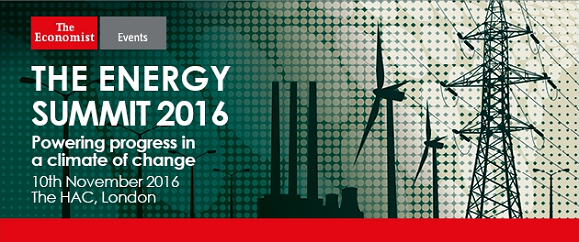































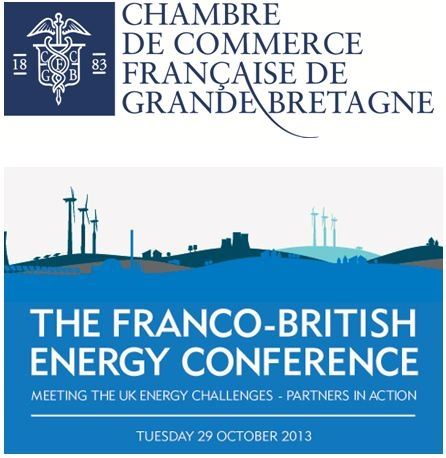




 Facebook
Facebook Linkedin
Linkedin Instagram
Instagram Youtube
Youtube EMC Newsletter
EMC Newsletter







